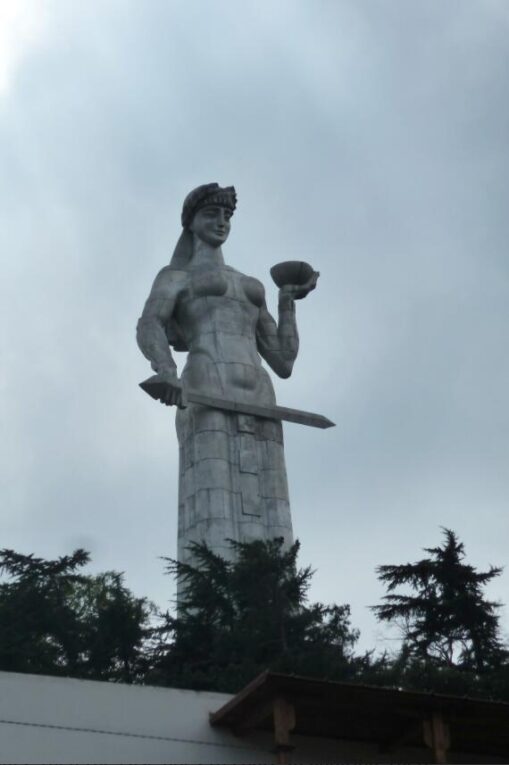Country overview
Georgia covers an area of around 70,000 km². This corresponds to the size of a German state like Bavaria. In the smallest of spaces, it offers breathtaking landscapes, pristine nature, a fascinating variety of architecture and ways of life.
By moving closer to the EU, Georgia has confirmed the international convention against all forms of discrimination (CEDAW), but it has not been put into practice.
On March 27, 2010, parliament passed a law on gender equality, which came into force immediately. It was issued in order to combat any disadvantages in the areas of employment, education, health and the social system as well as in the family. Non-governmental organizations, however, complained about the inadequate implementation to date.
According to franciscogardening, the situation for many single women or single mothers in Georgia is not easy due to the rather conservative society. Society has the highest respect for a married woman with children. There are various contact points for women in need who are available to help and advise those affected: Women (with children) who live below the poverty line have the option of being entered in the state register for particularly vulnerable families in order to obtain certain benefits to obtain. Different organizations offer numerous projects to support those in need.
In the legal field, the Domestic Violence Act (2006) and the Gender Equality Act (2010) are considered major advances. If a woman who has been affected by domestic violence decides to report it, the police have the option of issuing injunctions so that the woman can be temporarily placed under protection for 24 hours. Then the case goes to court. In addition, there are options for the victims to obtain immediate protective orders against the violent perpetrators. In the opinion of women-specific NGOs, the police have definitely become more trustworthy in this regard in recent years and women are actually placed under protection in practice. Despite this, police officers continue to receive training in dealing with victims of domestic violence.
Women who are affected by domestic violence have the opportunity to find shelter in one of the women’s shelters. In the capital Tbilisi there is one state-run and two NGO-run accommodations, while women’s shelters supplement existing crisis centers in Gori and Kakheti. The officially possible length of stay is three months, but women can stay longer in exceptional cases. The support does not end with the move out of the women’s refuge, but the assistance also extends to job or apartment searches and legal advice. Despite everything, the capacities of the houses are problematic. The increased awareness of the population with regard to domestic violence was confirmed in surveys carried out by interviewed organizations in April 2011. The problem is more likely to be study and a study on the situation of women in Georgia Chkheidze, Ketevan: Gender Politics in Georgia. Gunda Werner Institute. Feminism and Gender Democracy, nd).
The background is a traditional understanding of roles: “In the Georgian imagination, women are the epitome of delicacy, beauty and patience. She is seen as the bearer of the culture that Georgian songs and poems pass on to her children. She protects the family honor by being diligent in the Household works and behaves according to the principles of honor. A man must be able to create law and justice. This is part of the concept of masculinity in Georgia. For this purpose, violence, influence, cunning and power should be used fairly. ” (Elke Kamm)
The women’s foundation filia names the basic problems as follows:
- The sharp drop in labor supply in recent years has pushed most women into undeclared work and the jobs they fill are usually in the poorly paid service sector.
- The large number of IDPs who come from Abkhazia and South Ossetia mainly flocked to Tbilisi, around 55% are women. These displaced people live below the poverty line and have no knowledge of their rights.
- Religion plays an important role in Georgia and the Georgian Orthodox Church supports the dissemination of traditional images of women.
- Household and care work are seen as traditional fields of activity for women.
- Awareness of women’s rights issues in Georgian society is low and legal practice inadequate.
Further problems are early marriage (approx. 60% marry before the age of 20), kidnappings with rape (to force marriage) and the difficult fate of widows.
Another difficult topic is acceptance with same-sex relationships. In 2017, the open advocacy of the national soccer player Guram Kashia for the rights of sexual minorities sparked sharp discussions and demonstrations in which right-wing clergy forces in particular came out against this “disease” and “un-Georgian behavior”.
